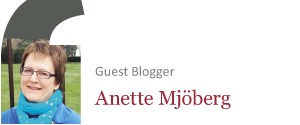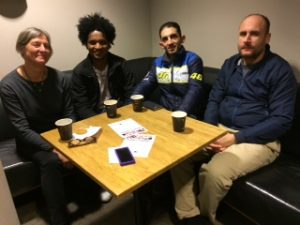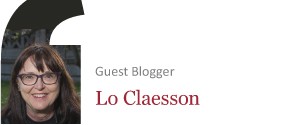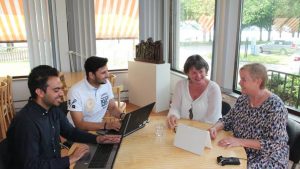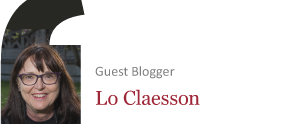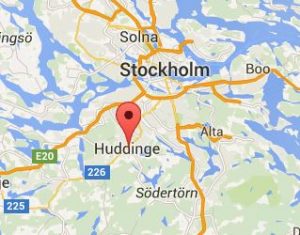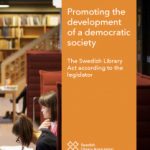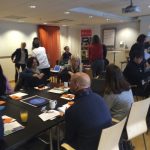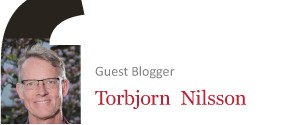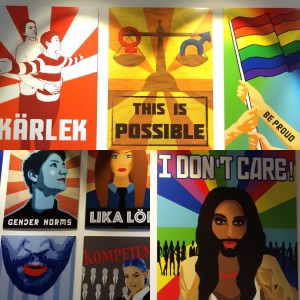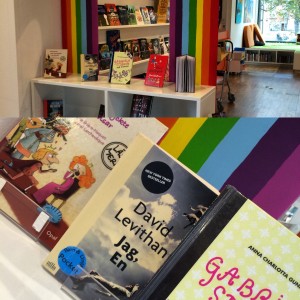Here comes blog number 2 from Sweden or shall I say from Scandinavia (Norway, Denmark and Sweden ). One advantage of speaking Swedish and live in Scandinavia is that you can understand and read Norwegian and Danish if you really want to do it. Of course the Swedish talking people in Finland also can do that. The Nordic countries includes also Finland, Iceland and Faroes Islands and Greenland and Åland .
It´s a long tradition between the Nordic Countries and their libraries to co-operate.
My friend Peter Alsbjer works as a Regional Library Director in Örebro county but is also a blogger. In his blogs (mostly in Swedish) you can follow impulse from the libraries around the world. I choose to present Peter Alsbjer as a guest blogger today.
Please read and enjoy
Anette Mjöberg
ibrary Director
Hässleholms Public Library
Sweden
Meanwhile in Scandinavia: Winter 2016
Here are some recent postings and news connected to Scandinavian libraries etc.:
- Last and final edition of Scandinavian Library Quarterly focus on future libraries http://slq.nu/.
- These three beautiful and futuristic Nordic libraries are set to become big tourist attractions (Helsinki, Oslo and Aarhus)
- Sweden http://nordic.businessinsider.com/these-three-beautiful-and-futursitic-nordic-libraries-are-set-to-become-big-tourist-attractions-2016-11/
- The unique story of Stockholm’s floating libraries
- Anneli Friberg: Linköping University Library (LiUB) on Continuous Usability Testing: The importance of Being Iterative When it Comes to Assessment and Development of the Library’s Digital Services
- The Swedish national policy for implementing Open Access – Cambidge Core Blog
Denmark:
- Registration for Next Library 2017 is open! (Aarhus)
- Cycling for Libraries – Around the Sound, May 19-20
- A Library From the Future Arrives In Denmark (Aarhus)
- Denmark’s first literature playground (Gladsaxe)
Finland:
- The New Central Library Has Been Named Oodi (Helsinki)
- Immigrant, do you need help with the official papers? (Espoo)
- Phones or Books – Good Libraries should help people to read more
- Librarians tell about their work in Espoo, Finland
Links and blogs (in English):
- Danish Library Association
- The Swedish Library Association
- Helmet network (Finland)
- Norwegian Library Association
- The e-books research project (SE) This is the blog for the e-books project at the Universities of Gothenburg and Borås
- Jan Holmquist (DK) World wide thoughts of a Danish librarian, Library Avenger and LJ Mover & Shaker 2014
- The Library Lab (DK) libraries, learning and lego – Christian Lauersen’s blog
- Pelle Snickars (SE) Professor of Media and Communication Studies, specialising in digital humanities at Umeå university
